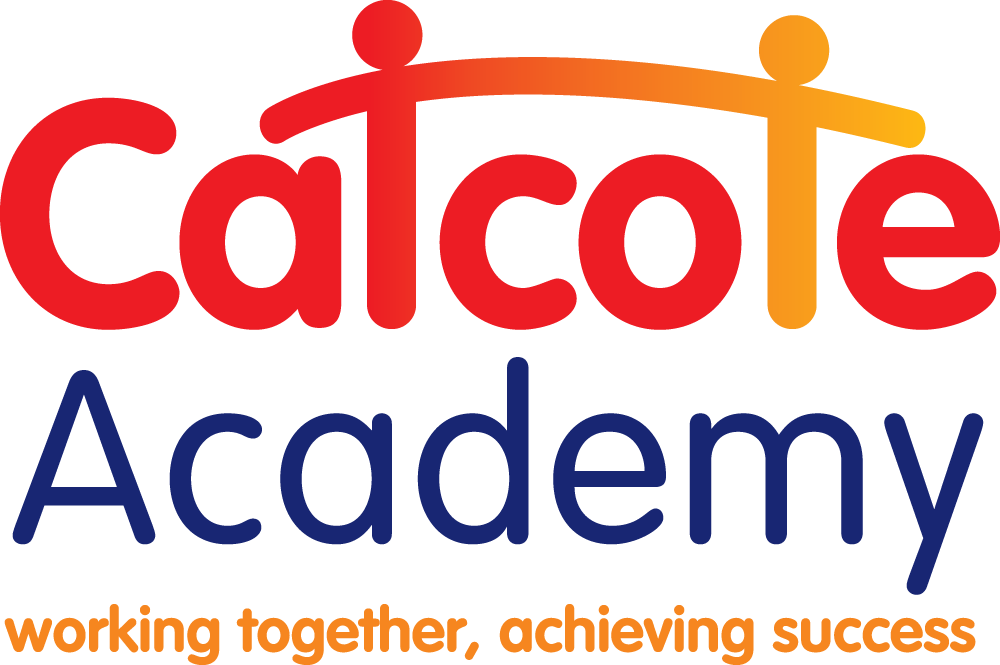
- Specialist Special Educational Needs (SEN) school located in Reading, Berkshire
- 220 students aged 3–19
- All students have a learning difficulty, including those with Profound and Multiple Learning Difficulties (PMLD), Severe Learning Difficulties (SLD), Autism Spectrum Disorder(ASD) and Moderate Learning Difficulties (MLD)
We recognise that all students have ambitions, so at Brookfields our careers programme is core to our curriculum and bespoke to our students’ varying needs. Therefore, our careers programme comprises several strands: Work Related Learning, Business Enterprise, Career Coaching & Curriculum, and Work Experience & Supported Internships. Flexibility is key, as we need to respond to the needs of the young people as they develop knowledge and skills in each strand.
Developing skills for life
We want our young people to gain skills for life – not just to get a job, but to sustain employment and thrive in the community. To do this, we develop young people’s communication skills, self-regulation, financial literacy and home management, as well as travel and other skills to access their community.
We have been actively engaged in developing a unique careers programme for the last eight years. As assistant headteacher and Careers Leader, I have been overseeing our Pathway to Employment programme and view my role as both strategic, shaping the careers programme, and personal, providing timely coaching to students to enable them to make the best possible autonomous choices.
The programme has the buy-in of all stakeholders including the senior leadership team, support staff, young people and their families. We start by asking: ‘what skills do we want our young people to have, and what destinations do we want to see them reach when they leave us, and 5 and 10 years after that?’

Brookfields School
Encouraging family engagement
We know that family engagement and support is key. At Brookfields, all students have an Education, Health and Care (EHC) plan. We meet once a year with the young person and their family to agree targets for the year and to review their longer term aims, including employment aspirations. In addition to this, our Job Coaches speak regularly to families as their children go out on work experience or apply for supported internships.
Our students have the same aspirations as neuro-typical students, but the way in which we approach achieving these is different.
Using the benchmarks
The Gatsby Benchmarks are incredibly useful for giving us a framework around which to evaluate our own careers offer, identifying strengths and areas for development. However, we don’t use them as the eight commandments!
We were delighted that the Benchmarks were so fundamentally taken into consideration when drawing up the Government’s Careers Strategy, Making the Most of Everyone’s Skills and Talents. As a special school we, and many others, had already been thinking deeply about the framework. Schools and colleges that offer specialist education for students with SEN tend to be naturally outward-facing settings, already working with numerous organisations and working in a timely manner to consider next steps and transitions.
It’s true that some of the wording of certain Benchmarks at first glance appears incompatible for some young people with significant learning needs, such as engagement with universities. We therefore apply a flexible approach, taking a step back to consider what is being asked. In the case of Benchmark 7: Encounters with Further and Higher Education, this means engaging with the full breadth of organisations that have a role in securing positive life outcomes for young people when they leave school.
Once we audited our provision against the Benchmarks, we were able to identify our biggest barriers that may prevent our young people from progressing. This helped us to prioritise – focussing our efforts on the most critical actions to overcome these barriers.
Making the business case
We work with a network of over 70 local employers. Many offer work experience, as well as interview support, careers talks and workshops. They also support our annual careers week and run workshops in their workplace or in school. In line with Benchmark 6: Experiences of Workplaces, nothing beats the first-hand experience of being in an actual workplace environment, seeing the different roles available and understanding how to behave appropriately in a variety of settings.
Businesses want skilled, motivated and passionate young people. When approaching businesses we teach our young people to see themselves as part of a solution to a recruitment problem, not as a charity case. This is the foundation for a sustainable working partnership. Students are also more likely to be motivated and work to a high standard when they are fulfilling a genuine need.
Overcoming challenges
One of the biggest challenges to delivering a rich and impactful careers programme is time. We are fortunate not to be constrained by external curriculum compliance, especially post-16 when study programmes for those with an EHC plan come into play.
My advice for any Careers Leader would be to start small and build from successes. Your school will already be doing lots of good things that will contribute to your careers programme, it may just not carry the label. For example, a maths lesson might be focussed on reading the bus timetable and getting into town on time, an essential skill for working life, or a science lesson might be making bath bombs – that’s enterprise, but it’s just not called that. Try to make links to careers in classroom learning and bring attention to it.
Connecting with other SEN education providers in our local area has been really valuable in understanding how we can develop our careers work. We share ideas, difficulties and local labour market information. I’d encourage you to reach out to your community too.

